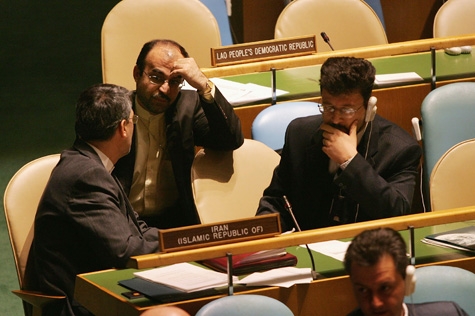|
|
North Korea
[Reuters]
View comments
Read more...A traveler arriving from overseas is fingerprinted while his paperwork is checked by a US border patrol official [GALLO/GETTY]
Tags: North Korea, United States
Photo by EPA
Photo by AFP
Tags: Aidan Foster-Carter, Andrea Luna, Andrew Wander, Baghdad, Ban Ki-Moon, Barack Obama, Barry Barcock, Bill Burton, Bosnia, Britain, Catherine Ashton, Dave Lapan, European Union, Germany, Guido Westerwelle, Kim Il-Sung, Kim Jong-il, Kings College in London, Korea, Lee Chung Min, Lee Myung-Bak, Mark Lyall Grant, Mark Toner, Martin Navias, New Zealand, North Korea, Reuters, Russia, Security Council, Seoul, Sergei Lavrov, South Korea, Stephen Bosworth, Sydney, Twitter Korea, UN security council, United Nations, United States, University of Leeds, White House, William Hague
AFP photo

![The ANC at 100: Up to the tasks ahead? [QODLink]](https://web.archive.org/web/20120110133522im_/http://english.aljazeera.net/mritems/Images/2012/1/9/2012191932535734_16.jpg)







